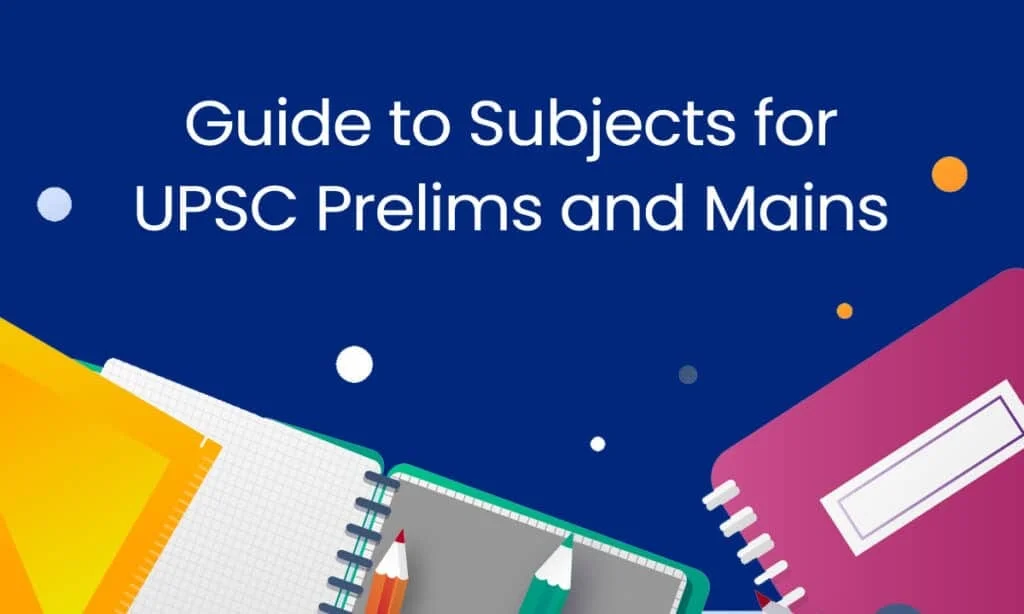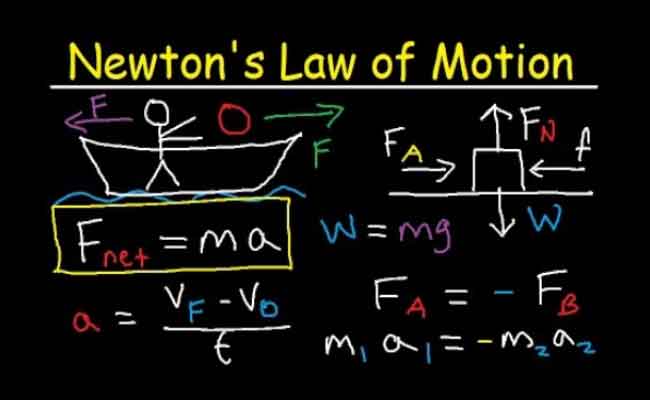Take Preparation for UPSC Exam: The Union Public Service Commission (UPSC) exam, popularly known as the Civil Services Examination, stands as one of India’s most esteemed and competitive exams. Each year, lakhs of aspirants aim to secure prestigious roles like IAS, IPS, or IFS officers. However, only a dedicated few make it through the rigorous selection process to achieve their dream.
1. Understand the UPSC Exam Structure
Be familiar with the three phases of the test before you start studying:
- Preliminary Examination (Prelims) – Objective type, screening test
- Main Examination (Mains) – Descriptive written exam
- Personality Test (Interview) – Face-to-face interaction
Each stage requires a different preparation strategy.
2. Get Familiar with the Syllabus and Exam Pattern
Since the UPSC curriculum is so comprehensive, it must be analyzed and dissected. Download the official syllabus from the UPSC website or reliable platforms and divide it into:
- General Studies (GS) Paper I & II (CSAT)
- Optional Subject
- Essay Writing
- Ethics, Integrity, and Aptitude
- Language Papers
Pro Tip: Always keep the syllabus in front of you while studying.
3. Create a Realistic Study Plan
Make a monthly, weekly, and daily schedule:
- Dedicate 6–8 hours per day for study
- Set short-term goals (e.g., complete NCERTs in 1 month)
- Include revision, mock tests, and breaks
Be consistent, and treat this preparation like a full-time job.
4. Start with NCERT Books
NCERTs are the foundation. Start with:
- History (Class 6–12)
- Geography (Class 6–12)
- Economics (Class 9–12)
- Polity, Environment, and Science (Class 9–12)
After finishing the NCERTs, go on to the regular reference books.
5. Refer to Standard Books
Some must-read UPSC books include:
- Polity – Indian Polity by M. Laxmikanth
- History – Modern India by Spectrum Publications and Ancient & Medieval India by R.S. Sharma
- Geography – G.C. Leong’s Certificate in Physical and Human Geography
- Economics – Indian Economy by Ramesh Singh
- Environment – Shankar IAS Environment Book
Rely on restricted resources, but make several changes to them.
6. Read Newspapers Daily
Current affairs are crucial and significantly influence all three stages of the UPSC examination.
- Read The Hindu or The Indian Express daily
- Make short notes
- Enhance your preparation with monthly magazines such as Yojana, Kurukshetra, and Vision IAS Current Affairs.
7. Practice Answer Writing
UPSC mains is all about expressing your knowledge in a structured way. Start early with:
- Writing answers for past year questions
- Joining an answer writing program or test series
- Getting your answers evaluated by mentors
Follow the introduction–body–conclusion (IBC) format.
8. Take Regular Mock Tests
Mock tests help with:
- Time management
- Performance analysis
- Confidence building
Join Prelims and Mains test series offered by well-known and trusted coaching institutes.
9. Revise, Revise, Revise!
Revision is the key to success. Without revision, even the best study materials won’t help.
- Make short notes for every subject
- Use mind maps and flashcards
- Make sure to review each subject a minimum of three times before the exam for better retention and confidence.
10. Stay Mentally and Physically Fit
The UPSC journey can be stressful. Manage it by:
- Regular exercise or yoga
- Healthy diet and sleep routine
- Avoiding comparison with others
- Practicing meditation or mindfulness
11. Join a Peer Group or Mentorship
Join a group where you can:
- Share study resources
- Discuss doubts
- Practice mock interviews
Mentors can guide you, review your answers, and help you stay on track.
Cracking the UPSC exam is not just about hard work – it’s about smart work, discipline, and self-belief. With the right strategy, consistency, and focus, you can achieve your dream of serving the nation.
WORKPLACE COMPETENCIES SKILLING
National Education Policy 2023
![]()





